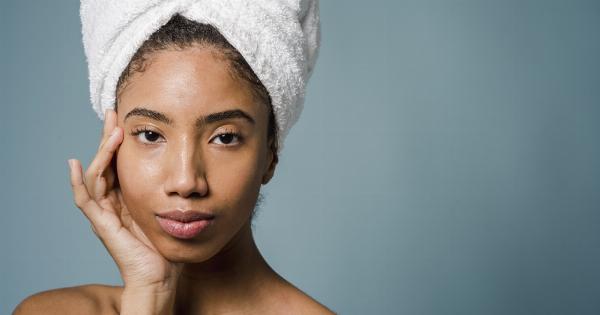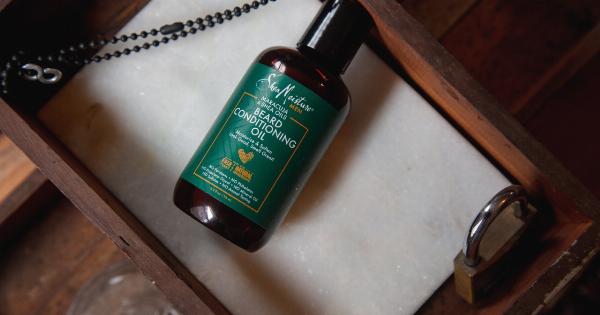When it comes to hair care, one of the most common questions is how often you should wash your hair. Some people wash their hair every day, while others only wash it once a week. So, what’s the right answer?.
The Short Answer
The short answer is that there is no one-size-fits-all answer to how often you should wash your hair. It really depends on your hair type, your scalp, and your lifestyle.
Some people may need to wash their hair every day, while others can go several days without washing.
Hair Types
The first factor to consider when deciding how often to wash your hair is your hair type. If you have fine hair, you may need to wash it more often because it can get greasy quickly.
On the other hand, if you have thick, curly hair, you may be able to go longer between washes because your hair is less prone to oil buildup.
Here are some general guidelines for how often you should wash your hair based on hair type:.
- Fine Hair: Every Day or Every Other Day
- Straight Hair: Every Other Day
- Curly Hair: Once a Week to Every Other Week
- Thick Hair: Every Other Day to Once a Week
Scalp Health
Your scalp health is another important factor to consider when deciding how often to wash your hair. If you have a dry scalp, you may want to avoid shampooing your hair too frequently because it can strip your scalp of its natural oils.
On the other hand, if you have an oily scalp, you may need to wash your hair more often to keep it clean and prevent buildup.
If you have dandruff or other scalp conditions, you may need to use a medicated shampoo that your doctor recommends. In general, you should avoid using too much shampoo or washing your hair too frequently if you have a sensitive scalp.
Lifestyle
Your lifestyle is also an important consideration when deciding how often to wash your hair. If you exercise frequently or live in a humid climate, you may need to wash your hair more often to remove sweat and prevent odor.
If you work in an office and don’t sweat much, you may be able to go longer between washes.
If you color your hair, you should also be careful about how often you wash it. Shampooing your hair too frequently can cause your hair color to fade more quickly. You should also use a color-safe shampoo to help preserve your hair color.
Signs You Need to Wash Your Hair
So, how do you know when it’s time to wash your hair? Here are some signs to look out for:.
- Your hair feels greasy or oily
- Your scalp feels itchy or irritated
- Your hair has a bad odor
- Your hair looks limp or lifeless
- You have visible dandruff or flakiness on your scalp
If you notice any of these signs, it may be time to wash your hair.
How to Wash Your Hair
When you do wash your hair, it’s important to use the right techniques to keep your hair and scalp healthy. Here are some tips for washing your hair:.
- Use warm water instead of hot water to avoid drying out your scalp
- Massage your scalp gently to stimulate blood flow
- Use a shampoo that is appropriate for your hair type and scalp condition
- Avoid using too much shampoo, as this can strip your scalp of its natural oils
- Rinse your hair thoroughly to remove all traces of shampoo
- Use a conditioner to help moisturize your hair
- Don’t rub your hair with a towel; instead, gently squeeze out excess water
- Avoid using heat styling tools too frequently, as this can damage your hair
Conclusion
In the end, how often you should wash your hair depends on a variety of factors, including your hair type, scalp health, and lifestyle.
Pay attention to your hair and scalp and adjust your washing frequency as needed to keep your hair and scalp healthy and clean.




























